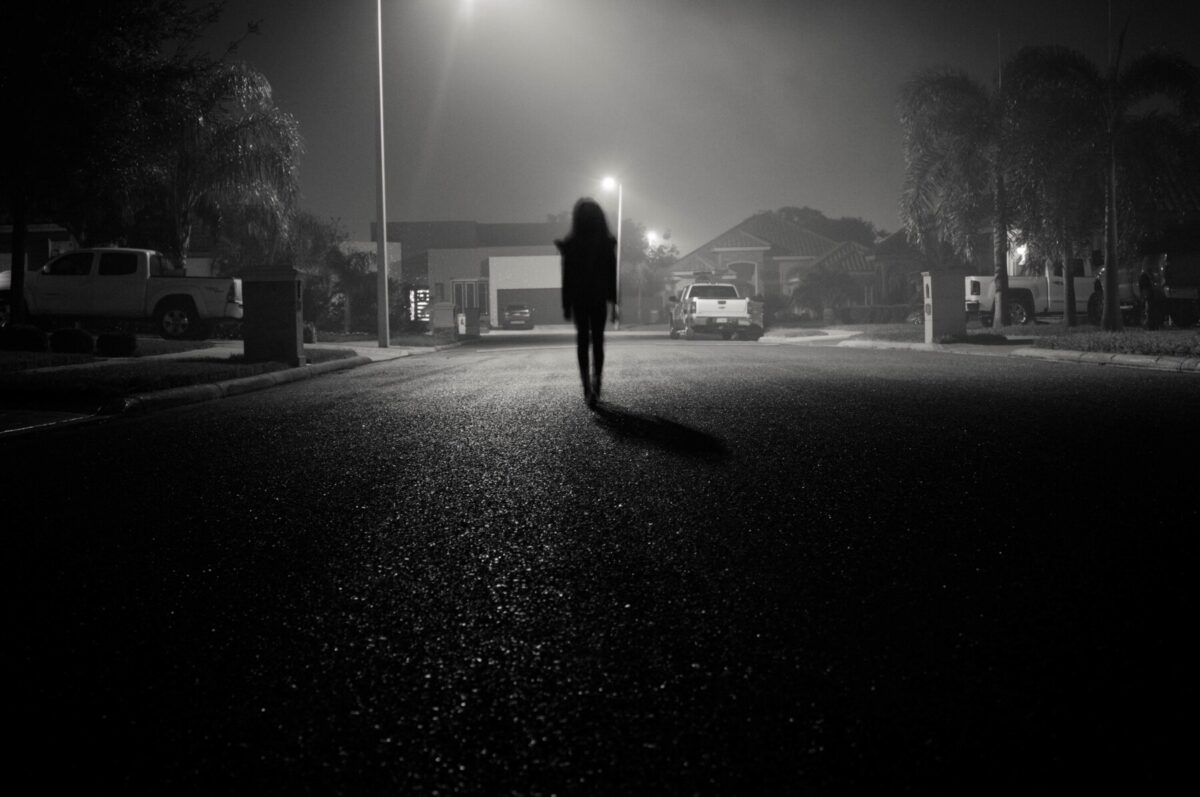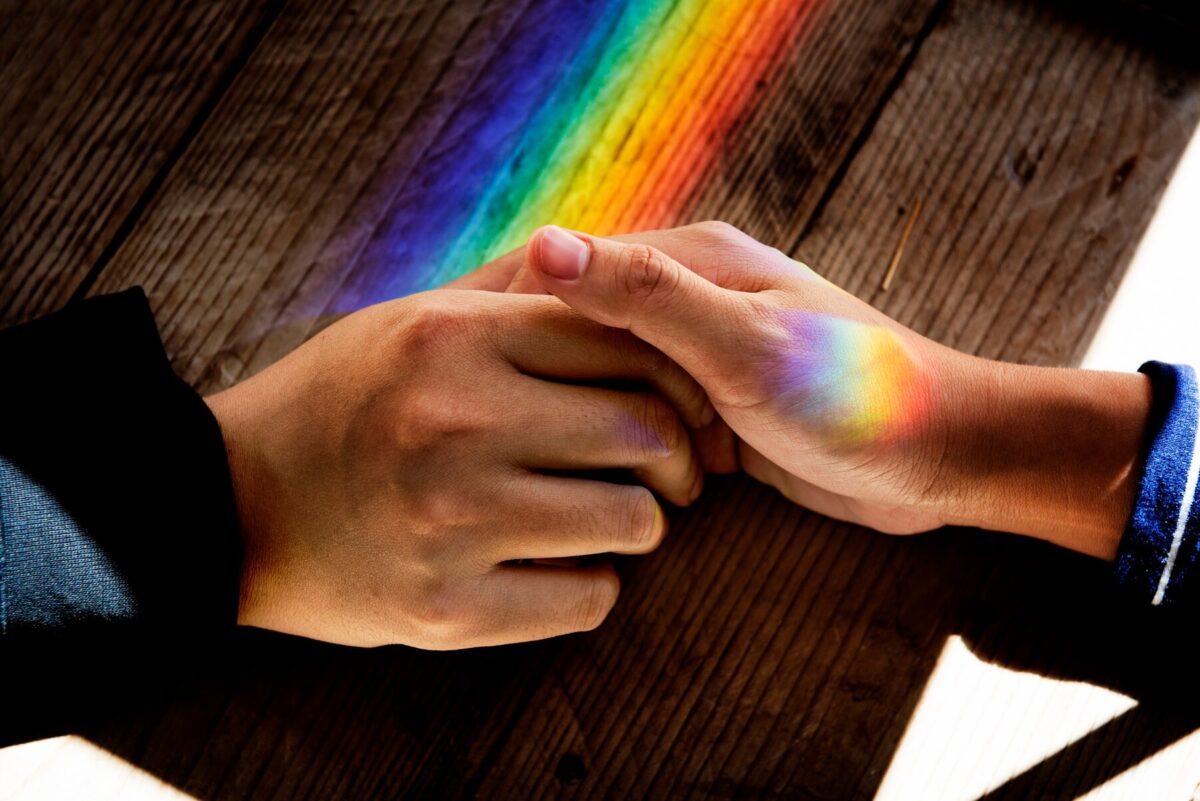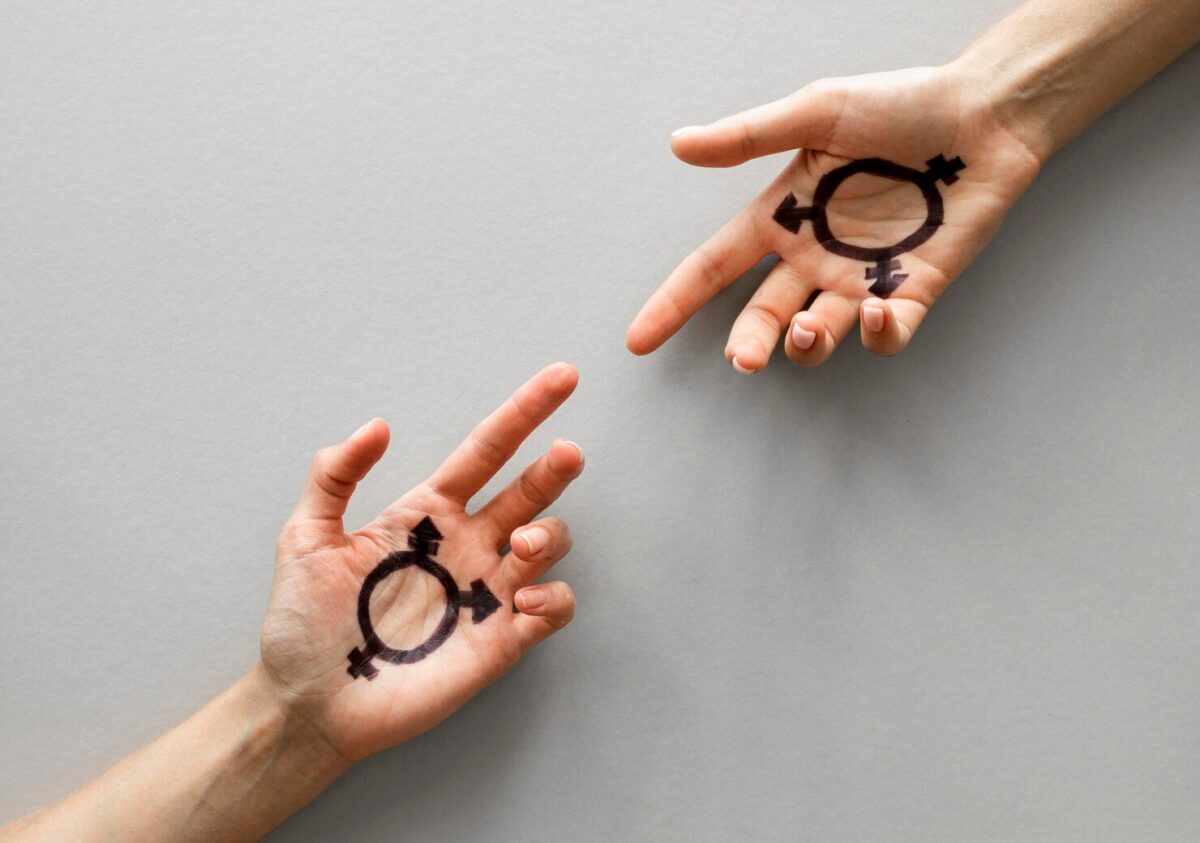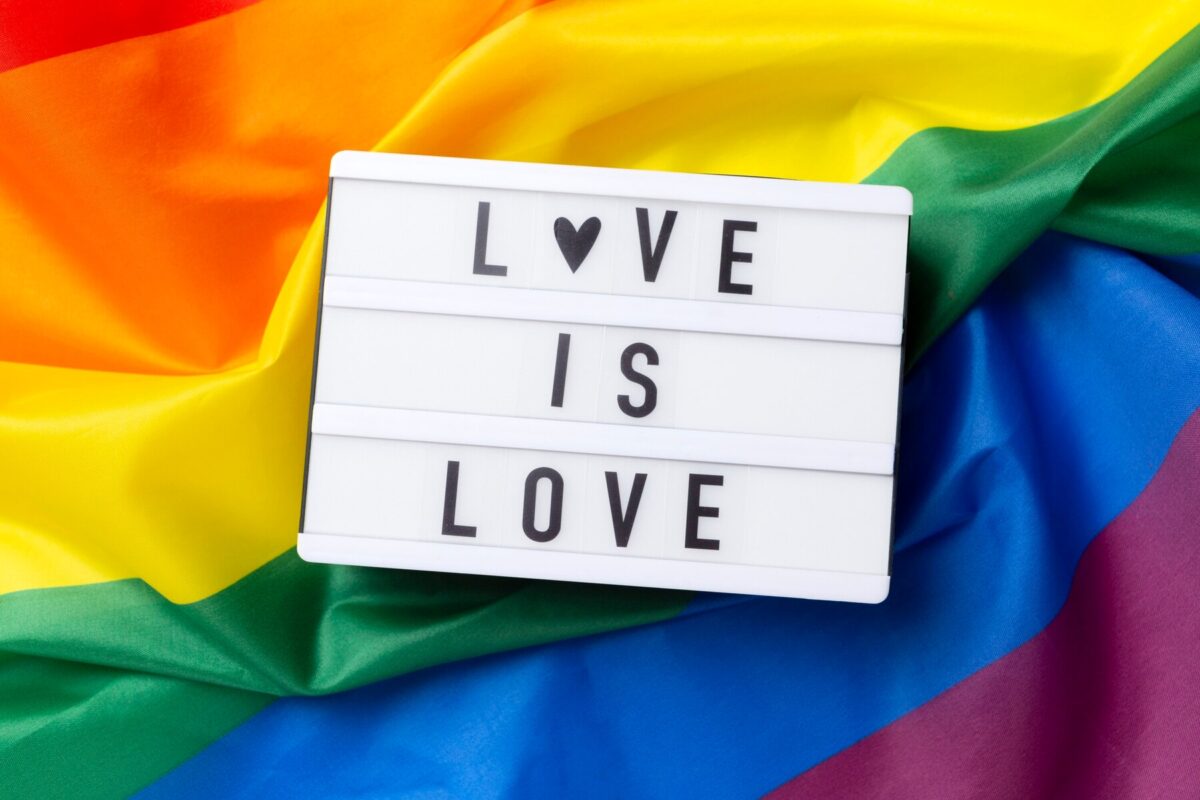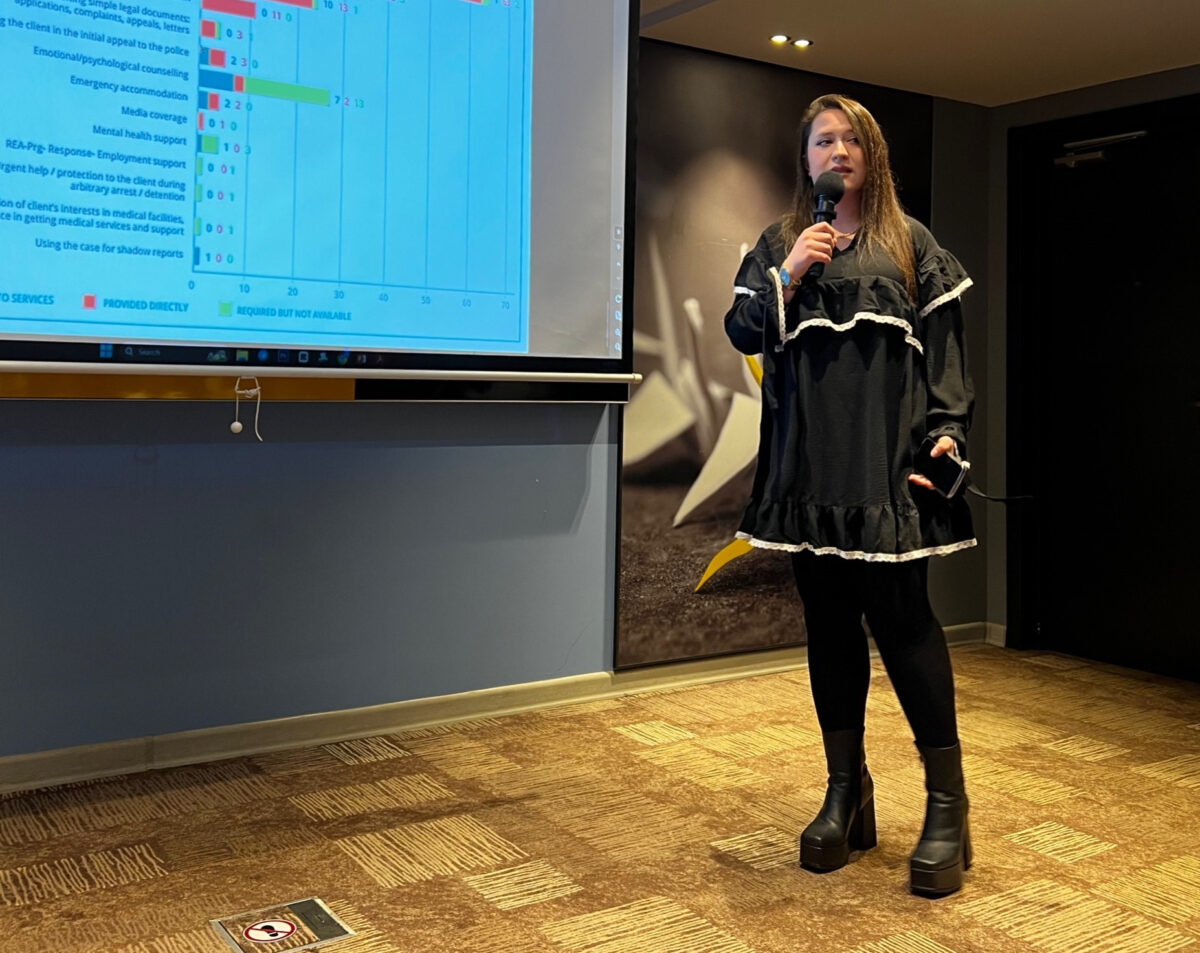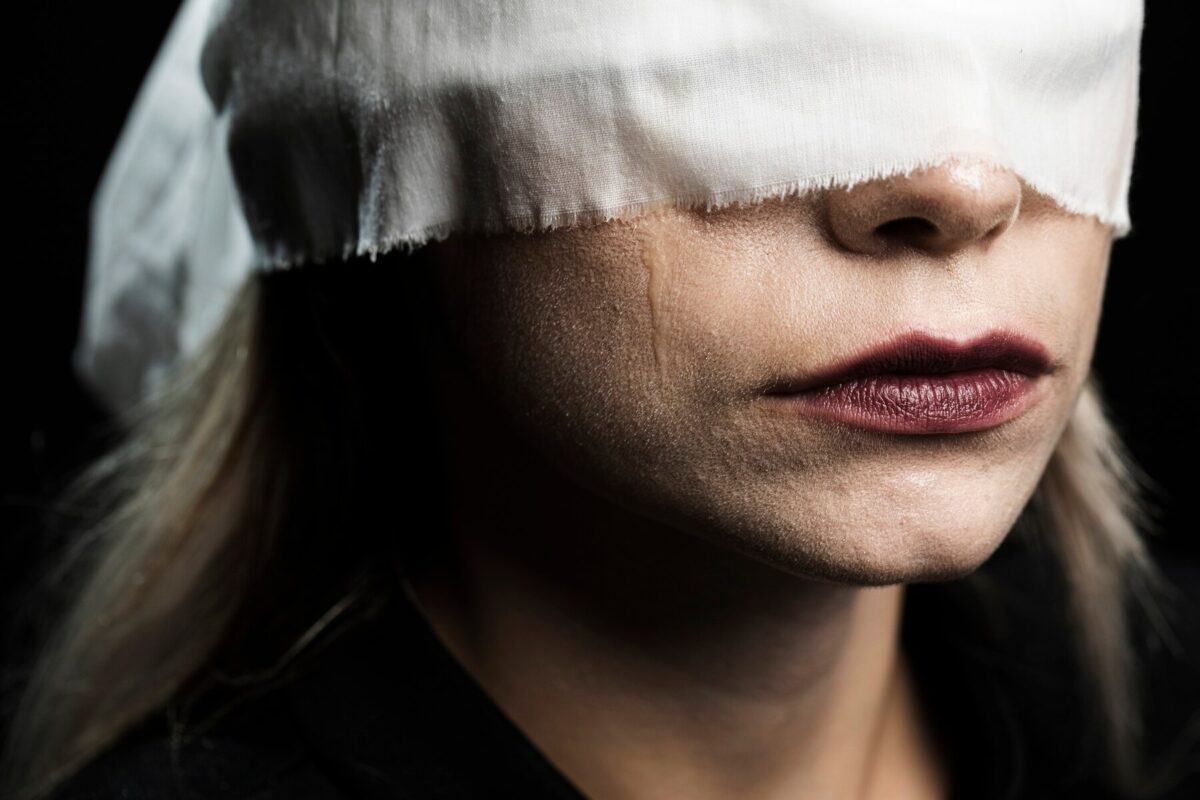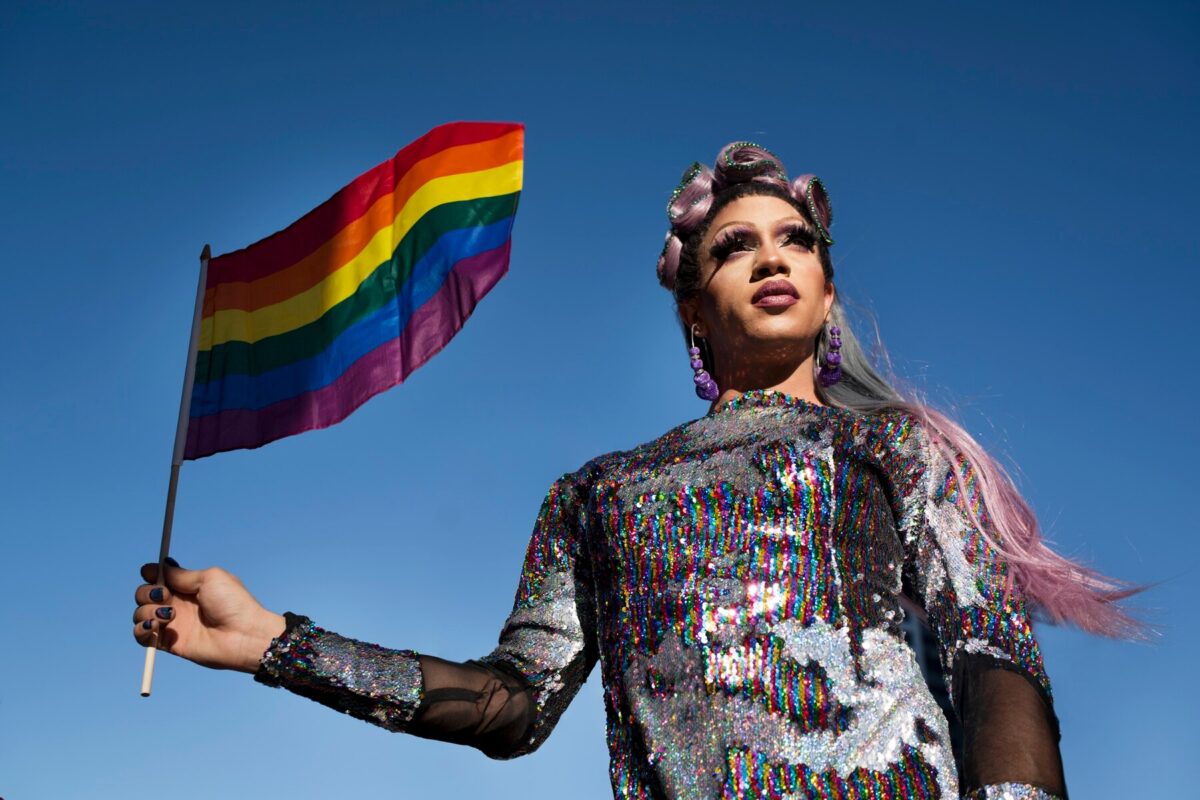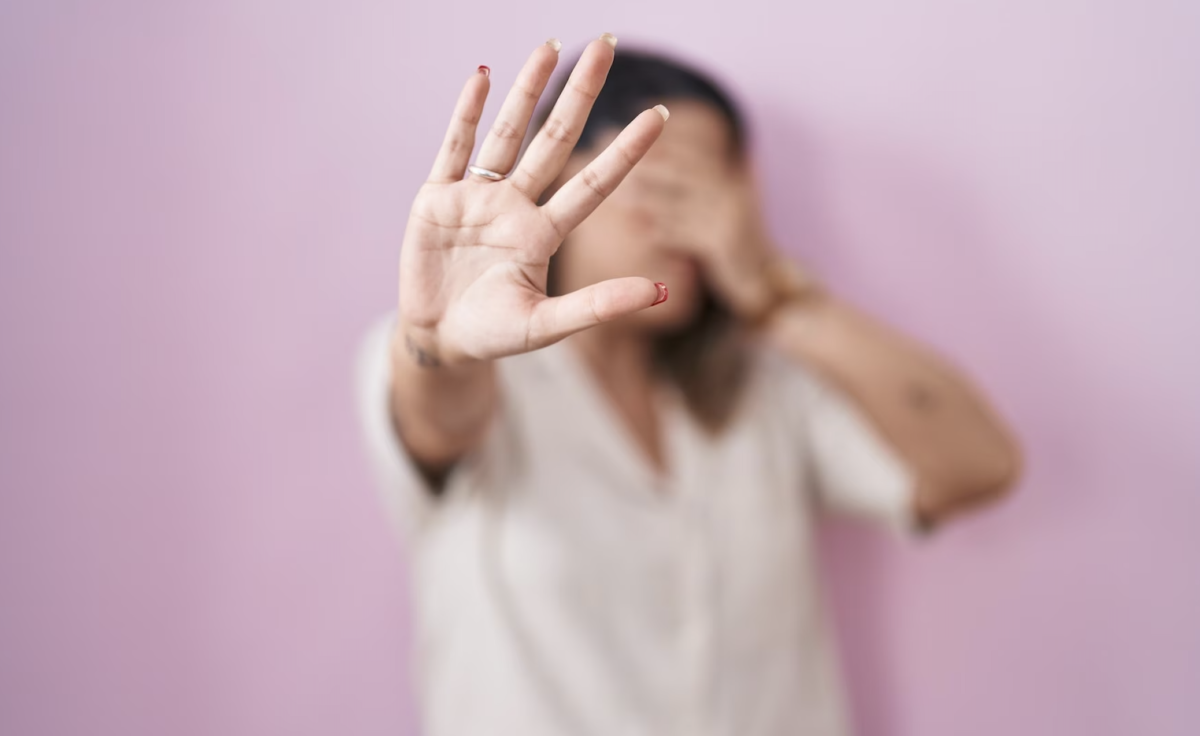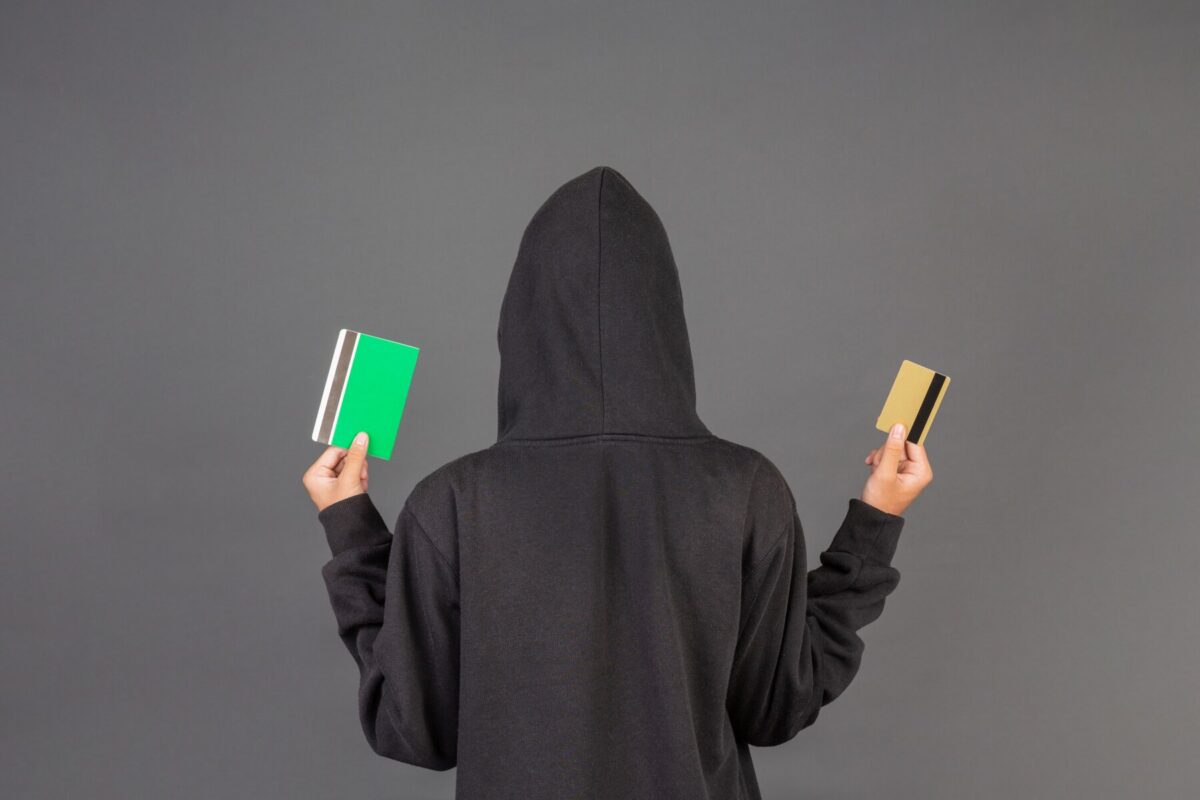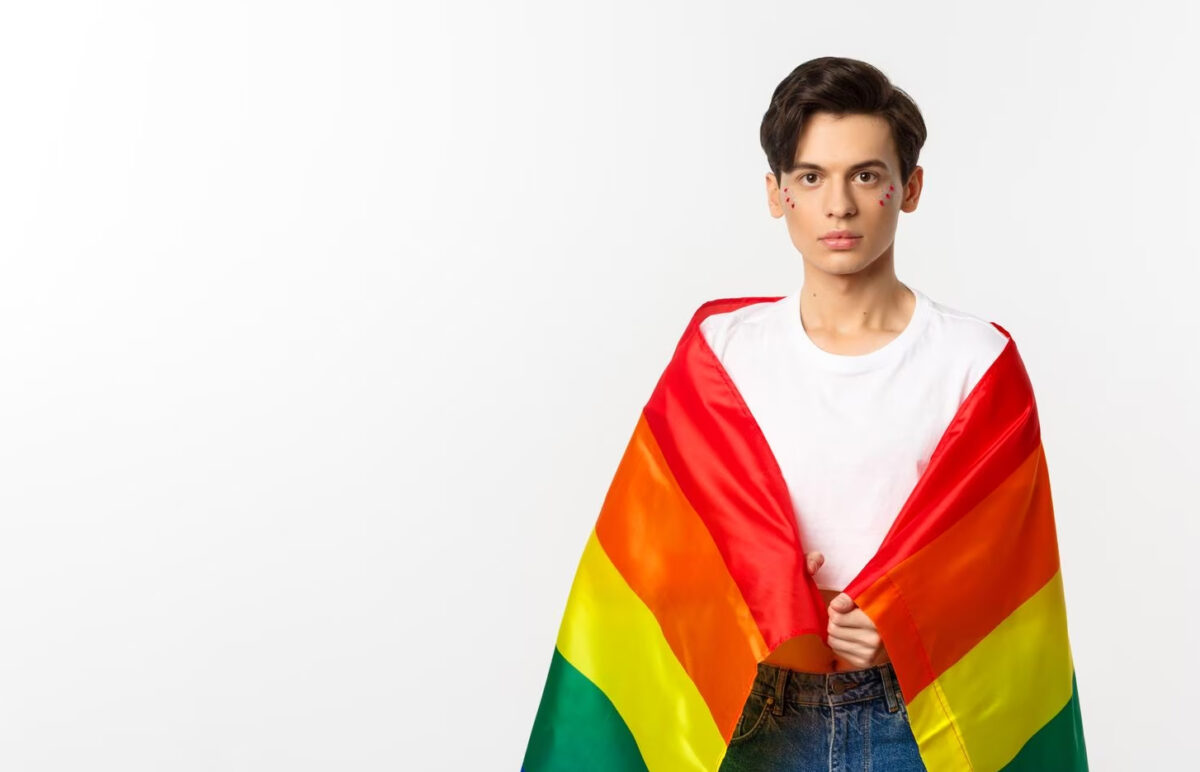Армения, несмотря на свое членство в Европейской комиссии против дискриминации, сталкивается с глубоко укоренившейся консервативной культурой и традициями, что приводит к стигматизации и дискриминации ЛГБТК-сообщества.
– Законодательство: Армения не имеет законов, которые явно защищали бы ЛГБТК-сообщество от дискриминации на основе сексуальной ориентации или гендерной идентичности. Это создает юридическую неопределенность и препятствует защите и правам ЛГБТК-людей.
– Социальное отношение: В армянском обществе преобладает консервативный подход к вопросам сексуальной ориентации и гендерной идентичности. Гомофобия и трансфобия распространены, и ЛГБТК-люди подвергаются социальному изоляции, преследованию и насилию. Они также часто сталкиваются с дискриминацией на рабочих местах и в учебных заведениях.
– Отсутствие правовой защиты: ЛГБТК-сообщество в Армении сталкивается с ограничениями в доступе к здравоохранению, социальным услугам и юридической защите. Отсутствие правовой защиты означает, что жертвы дискриминации и насилия имеют мало возможностей обратиться за помощью и справедливостью.
– Пропаганда “традиционных ценностей”: в последние годы наблюдается усиление консервативных и националистических групп, которые активно пропагандируют “традиционные ценности” и враждебно относятся к ЛГБТК-сообществу. Они проводят митинги, демонстрации и кампании, которые способствуют стигматизации и дискриминации ЛГБТК-людей.
Отсутствие законодательной защиты, социальные ограничения и препятствия в доступе к правам и услугам создают неблагоприятную среду для ЛГБТК-людей. Однако, благодаря инструментам, таким как РЕАкт, армянское ЛГБТК-сообщество находит поддержку и защиту, способствуя изменениям в общественном мнении.
Предательство и отчуждение
19 января Тигран (имя изменено) – представитель ЛГБТК-сообщества позвонил РЕАктору со слезами и рассказал, что познакомился в Интернете с парнем. Их общение длилось какое-то время, после чего он отправил ему свои интимные фотографии. Однако парень начал шантажировать Тиграна, сказав, что отправит эти снимки его родителям, если он не переведет ему 100 000 драм (около 250 долларов) до конца дня. Пострадавший был вынужден передать эти деньги, но через 2 дня тот потребовал столько же. Такой суммы у клиента уже не было. Тогда шантажист написал отцу Тиграна, что их сын гей и если до конца следующего дня ему не пришлют 200 000 драм, он выложит его интимные фото в интернет. Вместо поддержки, отец пострадавшего избил его и сказал, что такой сын ему не нужен. Тигран, глубоко переживая, решил покончить жизнь самоубийством и направился к мосту. Он позвонил РЕАктору уже оттуда, перед прыжком. РЕАктор уговорил его не делать поспешных решений и, не прерывая связи, направился к нему.
“Ты не один”
На месте он предоставил психологическую помощь и предложил переночевать у себя, так как Тиграну просто не было куда идти. Утром они вместе направились в отделение полиции. Представители органов подшучивали над молодым человеком и не хотели записывать показания. Они говорили, что пока ничего не опубликовано, нужно радоваться и продолжать наслаждаться жизнью. Тогда РЕАктор позвонил на горячую линию и оставил жалобу, после чего им позволили написать заявление. Уже через несколько дней шантажиста нашли, взяли под стражу и провели воспитательную беседу. Он больше не беспокоит пострадавшего. А Тигран вернулся в семью и помирился с отцом.
Проблемы, с которыми сталкивается ЛГБТК-сообщество в Армении, являются серьезными и требуют немедленных действий со стороны общества, правительства и международного сообщества. Но несмотря на сложности, существует надежда на позитивные изменения и прогресс. Общественное мнение играет важную роль в изменении отношения к ЛГБТК-сообществу. Организации и активисты должны продолжать освещать проблемы, связанные с дискриминацией и стигмой, а также работать над повышением осведомленности об этом вопросе. Образовательные программы, мероприятия и кампании могут помочь смягчить предубеждения и создать атмосферу взаимопонимания и уважения.Важно, чтобы все люди осознавали – ЛГБТК-сообщество имеет те же права и заслуживает равных возможностей и защиты.
Читать также:
Дискриминация и стигматизация ВИЧ-положительных детей в Армении: вызовы и необходимость действий
Преодоление стигмы и насилия: История выхода из западни для человека, употребляющего наркотики, в Армении



